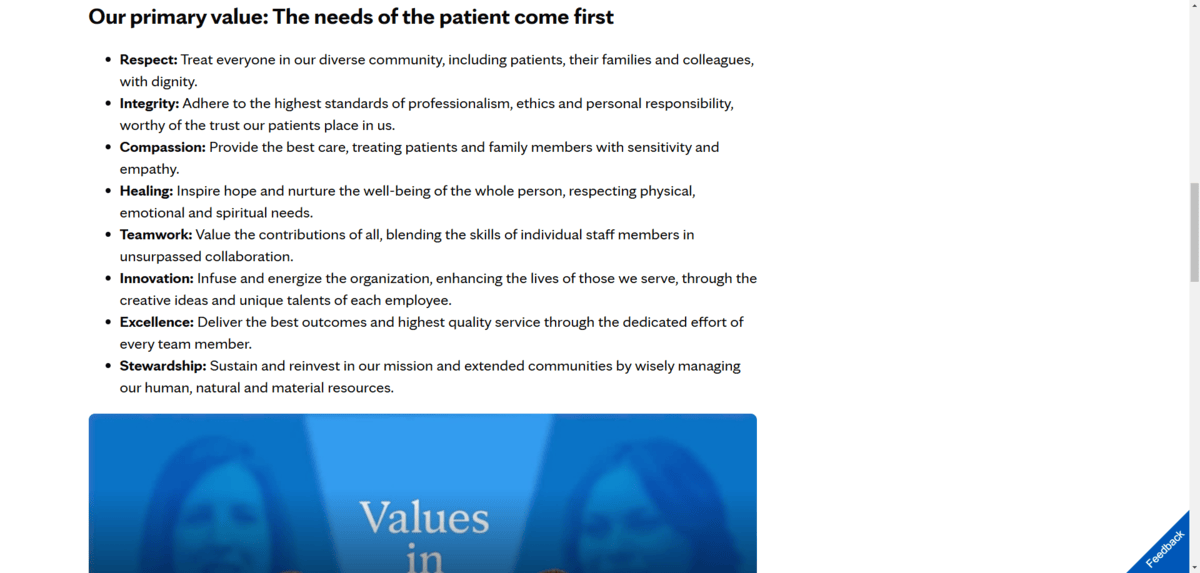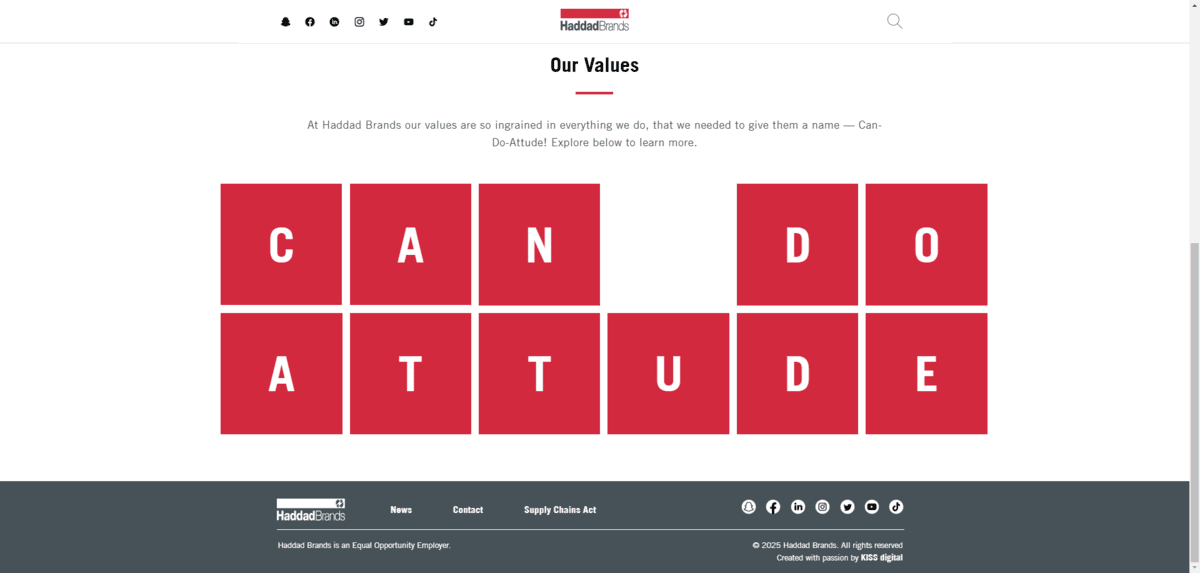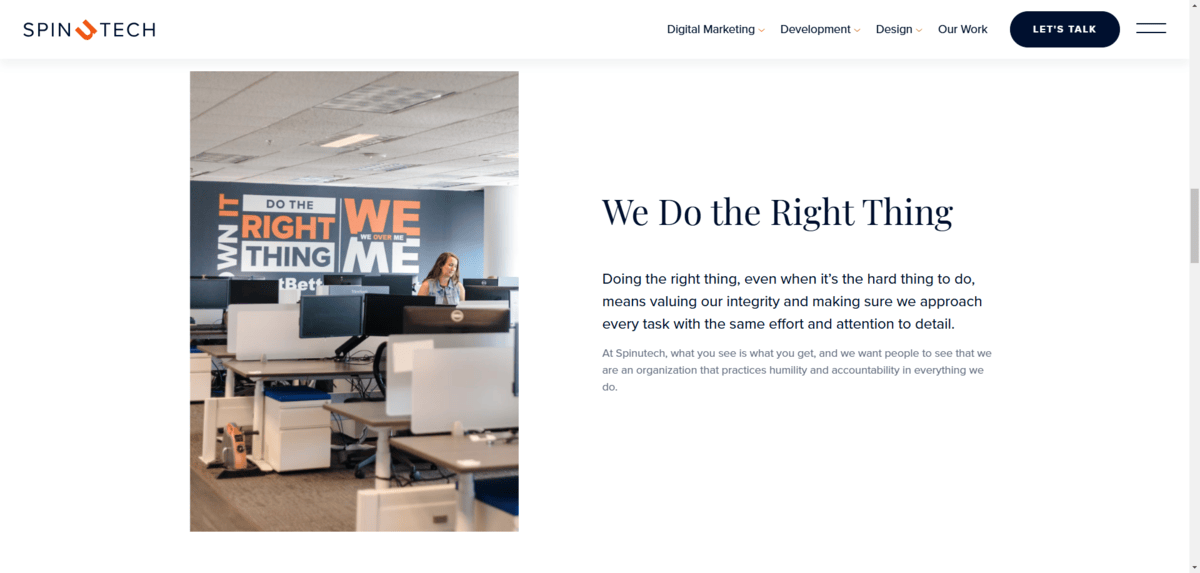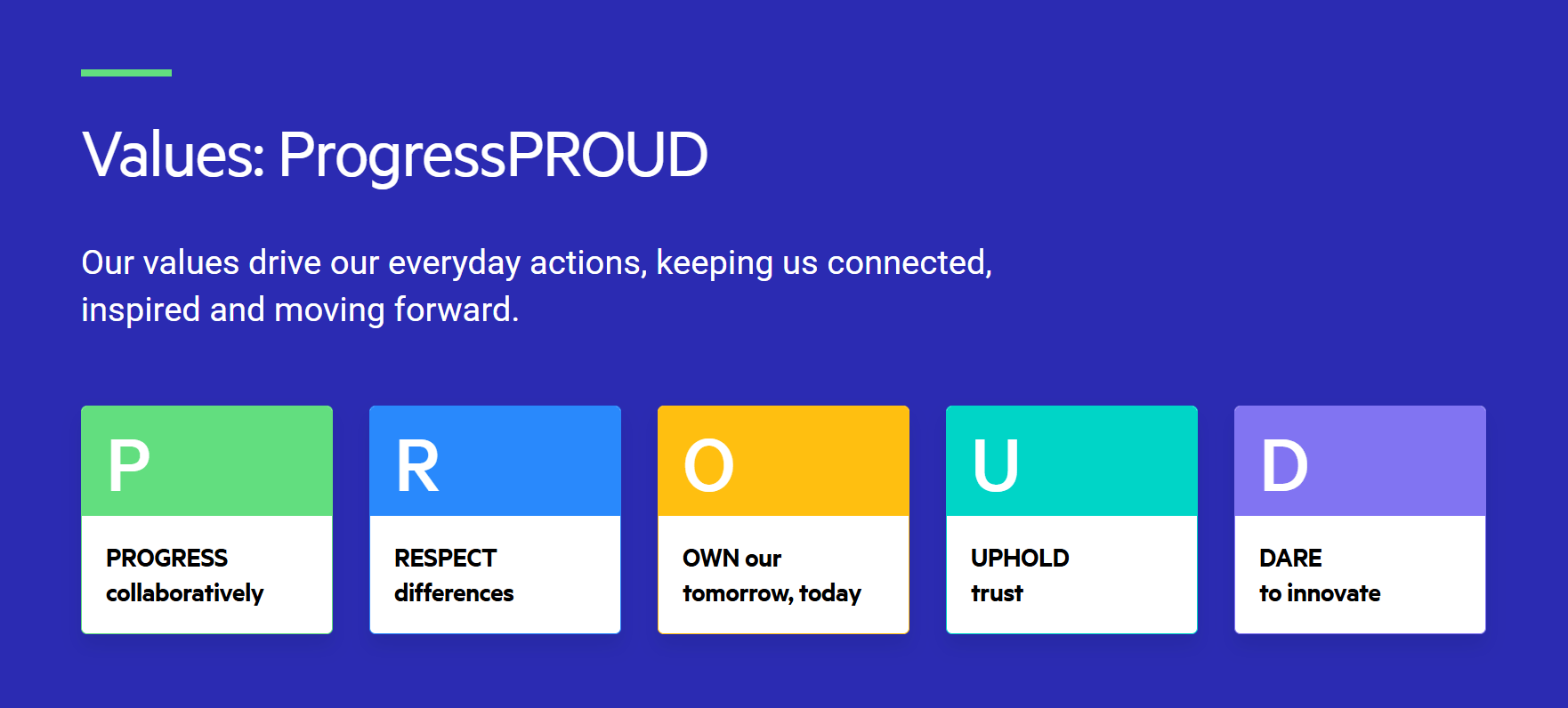What Are Your Values and Principles? And Why Do They Matter?

What sorts of values do you live by? What’s more, how can you use these personal values to improve the quality of your work as well as your satisfaction with your job? Let’s dig into this topic and see what having a clearly defined set of values and principles can do for you.
If you’ve ever felt lost in your career or frustrated with the work you’re doing, it may be because it’s out of alignment with your personal values.
Core values are often touted by organizations on their About pages and in their employee manuals. These values tell the world “This is what we stand for!” Truth. Integrity. Dependability. Diversity. Innovation. These are all examples of core company values.
But what about you? Whether you’re a freelancer or employed, finding out what matters most to you and what drives you can be extremely beneficial in your personal and professional life.
If you’ve been feeling stuck, frustrated or aimless recently, working out what your values are may help. In this post, we’ll look at what personal values are, how to find out what yours are and how to turn them into principles that guide your professional decisions going forward.
Core Values and Why They Matter
Values are the characteristics or ideals that a person or organization aims to live by and prioritizes above all else. Here are some examples of personal and professional values you might have or encounter in others:
- Adaptability
- Community
- Compassion
- Courage
- Courtesy
- Craftsmanship
- Curiosity
- Discipline
- Health
- Independence
- Loyalty
- Optimism
- Self-respect
- Sustainability
- Teamwork
When you start working for someone, they may give you a rundown on the company’s mission, vision and core values. This isn’t because they want to brag about what amazing work they’re doing or what good people they are.
A well-defined set of values allows a company and its employees or contractors to get on the same page about what matters most. It also makes decision-making much easier as values and the driving principles derived from them remove most questions about how you’re supposed to act or what you’re supposed to do.
For example, let’s say that discipline, innovation and gratitude are a company’s three core values. Here’s how those values might be translated into principles that guide the day-to-day operation of a company:
We Value Discipline: Our clients aren’t going to be content with getting their SEO audit and recommendations whenever it’s most convenient for us. Nor should they be. The second the ink dries on the contract, we get to work. We understand that time is of the essence when it comes to SEO and that our clients have no time to waste. And so we won’t. Every deadline promised will be met and the task completed in full.
We Value Innovation: We don’t want or like to rest on our laurels. What has worked for us for five years might be just fine, but we know that there’s always more we can do to be better—to create a better dining experience for our customers, to create a culture that makes employees feel like family and to drive company growth farther than ever. As such, we fully embrace innovation and we aren’t afraid of change.
We Value Gratitude: We have been in business since 2009 and we’ve been rated Austin’s #1 car wash since 2018. We recognize that none of this would’ve been possible without our rock star team of employees. As a token of our appreciation and in recognition of their hard work, we issue performance-based bonuses every quarter and offer various means of career advancement.
As you can see, when values get turned into principles, there’s clearer guidance for everyone involved. Principles effectively take a value and translate it into what actions you’ll take to uphold that value.
For instance, a company that values innovation would never encourage employees (or even hire ones to begin with) who take shortcuts. Nor would they want employees to stop short simply because the competition doesn’t go above and beyond.
Values-based principles are also a great way to differentiate oneself from the competition. Whether a company is looking to close more business or to woo employees away from competitors, having clear values and principles laid out like this can be a huge advantage.
Examples of Company Values
Let’s have a look at some real world examples of “Our Values” pages so you can get a sense for what kinds of values different companies uphold and how it works to their, their employees’ and their end users’ advantage:
Chick-Fil-A Values
On the Chick-Fil-A company culture page, the company espouses the following values:
- Service
- Cooperation
- Impactfulness
- Adaptation

As you can see, the website doesn’t phrase the values in such a way. Instead, they’re phrased in more relatable and motivational terms like “We’re here to serve” and “We’re better together.”
Mayo Clinic Values
What’s interesting about Mayo Clinic’s values is that it all starts with one core institutional value that puts the needs of the patients before everything else. The organization has then established a lengthy list of values and traits that support this overarching value, which includes:
- Respect
- Integrity
- Compassion
- Healing
- Teamwork
- Innovation
- Excellence
- Stewardship

What’s great about the way this one is set up is that, even though they might have a disparate set of values, there’s a simple explanation for how they fit together. It’s all about the patients’ needs. Without these values, the Mayo Clinic wouldn’t be able to meet or exceed them.
Haddad Brands Values
Haddad Brands is the parent company for well-known brands like Converse, Nike, Ralph Lauren and Huggies.
They’ve created an acronym for their brands: CAN DO ATTUDE. It stands for:
- Collaboration builds teamwork
- Attitude is everything
- No is not in our vocabulary
- Do the right thing
- Obsess relationships
- Always be humble, yet confident
- Through perseverance comes success
- Thank you goes a long way
- Understand & appreciate differences
- Don’t forget to have fun
- Execution is everything

While many companies keep their values list to a manageable number—usually between three and five—Haddad Brands has 11. The acronym is a good way to help employees (and even customers) remember what they are.
Spinutech Values
Spinutech is a digital agency with four core values:
- “We get better every day” (continuous growth)
- “We do the right thing” (integrity)
- “We over me” (teamwork)
- “We own it” (personal accountability)

These aren’t just catchphrases that appear on the agency’s website. As you can see in this photo from the page, the values are written on the walls behind the employees as they work.
Progress Values
Progress has its own set of values as well—ProgressPROUD. In total, there are five values that Progress holds near and dear:
- Progress collaboratively
- Respect differences
- Own our tomorrow, today
- Uphold trust
- Dare to innovate

Not only do these values make internal decision-making simpler, they also inspire the team as they work on building technologies that transform digital experience design.
How to Find Out What Your Values Are
If you’ve never considered what your values are before, there are some simple ways to discover them now.
For starters, look back on your life and ask yourself:
What have been your proudest moments? Why?
Also, was there something about you or the people you were with that made you feel proud?
For example, let’s say there was a major storm in your area like a hurricane or tornado. Not only had you and your family planned well in advance for it by stocking up on supplies and fueling your car, you managed to get out of town in time. While it was inconvenient, you were able to work from a hotel for a few days while the storm debris was cleared out and power was restored.
From that, you could infer that you value qualities like organization and resiliency.
Another thing you could do is look at your biggest sources of inspiration. For instance, they could be family members, friends, famous people, teachers or others.
As you reflect on those whom you admire, are there certain traits they share? Do you possess those traits as well or wish you had them? You may have found some more core values right there.
One last thing you could do is to look at what frustrates or angers you. Essentially, what is it about others that you dislike and deem wrong or unethical?
For this, you might look at your worst employment experience. Perhaps you had a boss who played favorites and was unfair. Or there was a coworker who never carried their share of the load and was always late.
By examining the flaws in character that upset you, you’ll discover more about what you stand for and what kind of person you want to be in life as well as at your job.
The Benefits of Defining Your Own Values
Just because your employer or client has established what’s most important in the running of their organization, that doesn’t mean it’s not worth it to define your own values.
Sure, if you agree to work for them, you’ll need to abide by their core values. But before you get to that point, ask yourself:
Do you even want to work for a company whose values are misaligned with your own?
That’s just one reason why you should figure out what matters most to you.
Values and principles aren’t just for enterprises and other companies. Here are some other reasons why it’s beneficial to come up with values that matter personally to you:
- You get to create the rulebook for how you live your life, which will give it more meaning.
- You’ll find greater job satisfaction and fulfillment if you choose employers or clients with similar values and motivations.
- You’ll find that the work you do turns out better as you’re motivated by greater ideals than just turning a profit.
- When prospective employers or collaborators ask who you are, you can confidently speak about what you stand for and why.
- Having a core set of values will make you much more reliable and authentic, which will help you build stronger relationships and greater job stability.
- If you ever feel lost in terms of what to do next with your life or work, your values can help guide you.
Whether you’re looking to achieve greater success or be happier with your life, establishing these fundamental values will help.

Suzanne Scacca
A former project manager and web design agency manager, Suzanne Scacca now writes about the changing landscape of design, development and software.

